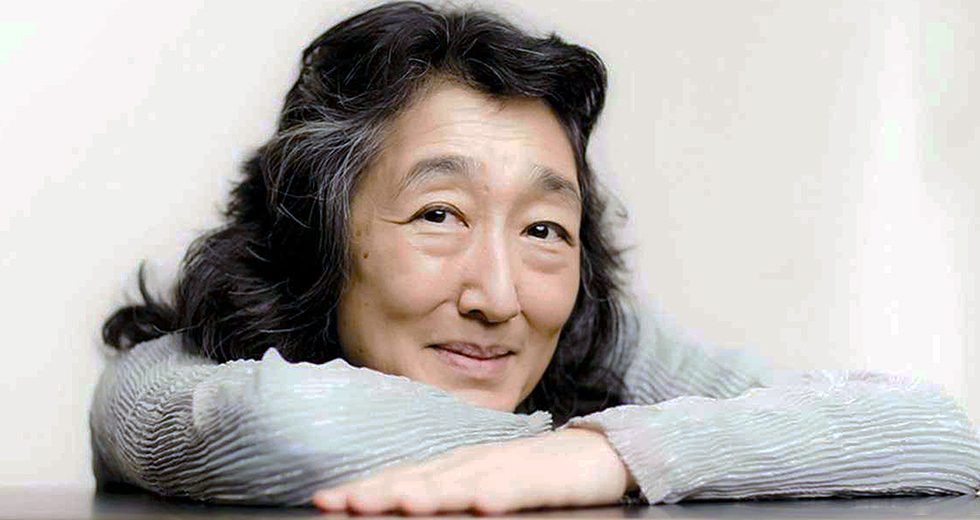
A noted Schubertian, Mitsuko Uchida has launched a two-year exploration of the composer’s piano sonatas in leading concert venues worldwide. For the series, which began in fall 2016 with recitals at Vienna’s Musikverein and London’s Royal Festival Hall, she travels to Symphony Center for an SCP Piano performance Feb. 18. On the program: Schubert’s Sonata in B Major, D. 575; Sonata in A Minor, D. 845, and Sonata in D Major, D. 850.
A frequent visitor to Orchestra Hall, Uchida returns for three concerts May 24-26 with the Chicago Symphony Orchestra, under guest conductor Esa-Pekka Salonen, in which she will be the soloist in Bartók’s Piano Concerto No. 3.
In a wide-ranging recent interview with the Telegraph, the London-based virtuoso discussed her current projects and life-long inspirations.
The pianist who made her cry:
“Rudolf Serkin could play on the worst upright with strings missing, and within a few bars, you would know it was him. He was the pianist who really brought tears to my eyes.”
The importance of total immersion:
She had to postpone a recording of Beethoven’s Diabelli Variations “because now I am busy working on Schubert sonatas, and that’s a completely different sound world. You cannot go instantly from one to another.”
Her aversion to social media:
“Everything has to be instant, because of this social … social … what do you call it? Social media? They think this is something to do with ‘sharing,’ telling the world what they had for breakfast. That is not sharing, that is advertising. Sharing is what happens in a room with a few people at a concert, everyone focused on something they love.”
Her love of London:
“I think of myself as a Londoner. You can be yourself, you don’t have to conform, there’s a great intellectual tolerance. … I absolutely love the language — it has a special kind of music, more fluid than German, which I also love.”
A time for reflection:
“I have reached the age where I can step back. I don’t have to run around giving 120 concerts a year — 50 is enough for me. I don’t need things; I don’t need a big house in the country. The trouble with possessions is they end up possessing you, if you are not careful.”
To read the complete interview, click here.